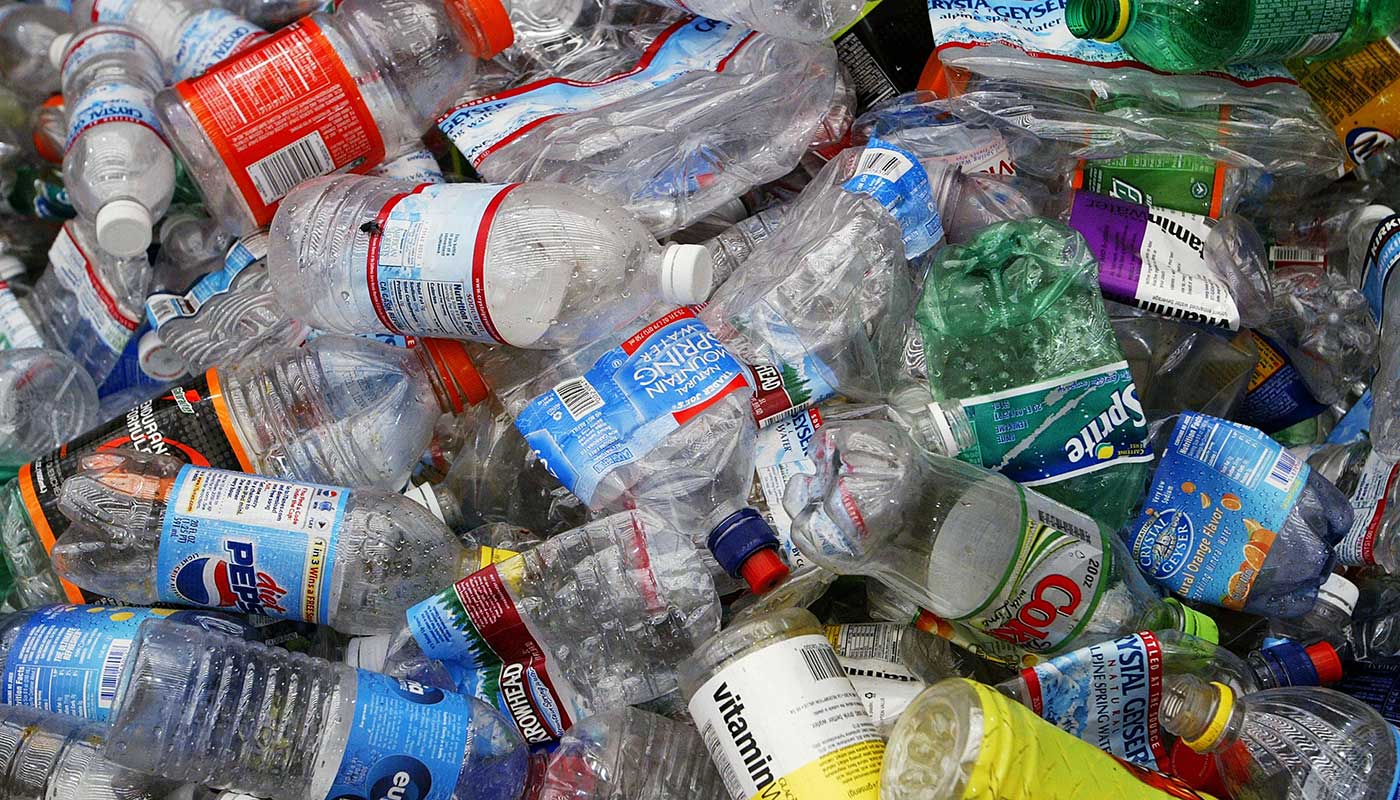How plastic particles end up in our bodies
International study finds traces of plastics in the faeces of every human tested

A free daily email with the biggest news stories of the day – and the best features from TheWeek.com
You are now subscribed
Your newsletter sign-up was successful
Humans are ingesting microscopic plastic particles that could affect the digestive system’s immune response, a new scientific study has shown.
Tiny particles of up to nine different types of plastic were found in the faeces and digestive systems of people from a total of eight countries across the globe, including the UK.
The particles in the samples were between 50 and 500 micrometres wide, and the most commonly found type of plastics were polypropylene (PP) and polyethylene terephthalate (PET), Sky News reports.
The Week
Escape your echo chamber. Get the facts behind the news, plus analysis from multiple perspectives.

Sign up for The Week's Free Newsletters
From our morning news briefing to a weekly Good News Newsletter, get the best of The Week delivered directly to your inbox.
From our morning news briefing to a weekly Good News Newsletter, get the best of The Week delivered directly to your inbox.
Some experts believe plastic in the gut “could suppress the immune system and aid the transmission of toxins and harmful bugs or viruses”, the news site says.
Study leader Dr Philipp Schwabi, of the Medical University of Vienna, said: “The smallest microplastic particles are capable of entering the blood stream, lymphatic system and may even reach the liver.”
More research is needed to “understand what this means for human health”, he added.
Schwabi’s team recruited eight subjects for the pilot study and found an average of 20 microplastic particles per 10g of excrement, reports The Times.
A free daily email with the biggest news stories of the day – and the best features from TheWeek.com
Other scientists are also calling for further studies on the potential impact of microplastics in the human food chain.
Stephanie Wright, a research fellow at King’s College London, said that it was likely that larger particles mostly passed through the digestive system, but that smaller particles “could potentially cross the gut wall and redistribute to [other] tissues”.
She added: “What may be of greater concern for [larger] microplastics, is whether any associated chemical contaminants leach off during gut passage and accumulate in tissues.”
Plastics can end up in our food in a number of different ways. The Irish News reports that up to 5% of all plastics produced end up in the sea, where they are consumed by sea animals and move up the food chain.
“Significant amounts of plastic have been detected in tuna, lobster and shrimp,” says the Belfast-based newspaper, which notes that food is also “likely to be contaminated with plastic as a result of processing or packaging”.
The new study results come as little surprise to many experts. Alistair Boxall, a professor in environmental science at the University of York, said that he was not “particularly worried by these findings”.
“Microplastics have been found in tap water, bottled water, fish, even beer,” he explained. “We will also be exposed to particles from house dust, food packaging materials and the use of plastic bottles. It’s inevitable some of these things will get into our lungs and digestive systems.”
The study findings were published just hours after UK Environment Secretary Michael Gove launched a consultation on the Government’s plan to ban the distribution and sale of plastic straws, drinks stirrers and cotton buds.